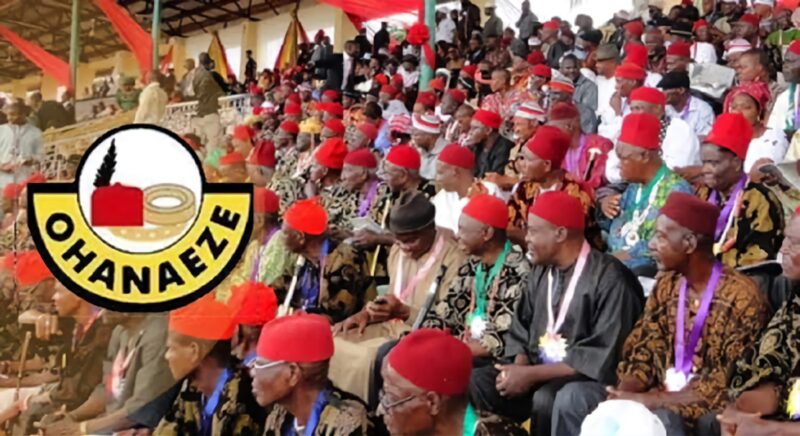Ohanaeze demands apology, N10trn compensation from Tinubu after IBB clears Igbo of 1966 coup blame

The apex Igbo socio-cultural group, Ohanaeze Ndigbo, has demanded an apology and N10 trillion in reparations from President Bola Tinubu following revelations by former military leader, General Ibrahim Babangida (IBB), that the 1966 coup was not an Igbo-led conspiracy, as previously alleged.
Babangida, during the launch of his book, A Journey in Service, clarified that the coup, which led to the assassination of key political and military figures, was not driven by ethnic motivations. He pointed out that while some Igbo officers were involved, many others were also victims, adding that non-Igbo officers participated in the plot.
Babangida highlighted that Major John Obienu, an Igbo officer, played a significant role in quelling the coup, contradicting narratives that portrayed the mutiny as an Igbo agenda. He also noted that Major Kaduna Nzeogwu, often labeled as the coup’s mastermind, was more culturally Hausa than Igbo, having been raised in Kaduna.
He further revealed that the coup was initially aimed at installing Chief Obafemi Awolowo as Nigeria’s executive provisional president, which challenges the long-held belief that the coup was an Igbo-dominated scheme.
Reacting to the revelations, Ohanaeze Ndigbo, through its Deputy National President, Okechukwu Isiguzoro, insisted that Tinubu must issue a public apology on behalf of past military regimes, particularly General Yakubu Gowon’s administration, which led the counter-coup and subsequent civil war.
The group emphasized that the 1966 coup and the subsequent Nigeria-Biafra war resulted in the deaths of approximately three million Igbos, mostly women and children. It also pointed to decades of systemic marginalization, including the exclusion of Igbos from key political positions, economic neglect, and infrastructural disadvantages.
Ohanaeze insists that the demand for N10 trillion in compensation is not arbitrary but a symbolic recognition of the immense losses suffered by the Igbo people. The group reiterated that this claim was first presented during the 1999 Oputa Panel and remains a crucial step toward national reconciliation.
“Ohanaeze appreciates IBB’s courage in officially stating that the 1966 coup was not an Igbo coup. This acknowledgment is not just about correcting historical records but also about seeking justice for the atrocities committed against the Igbo people,”






